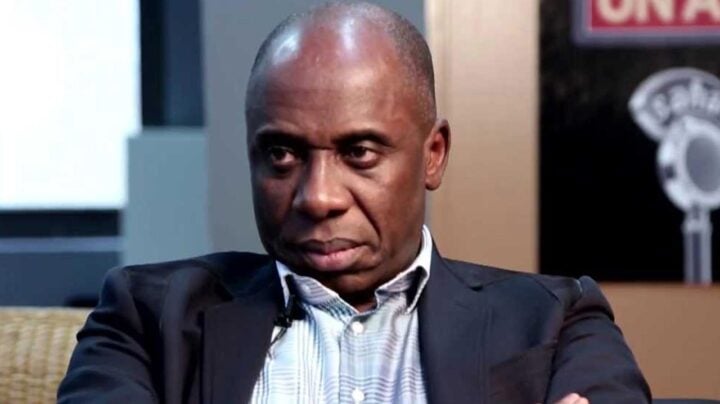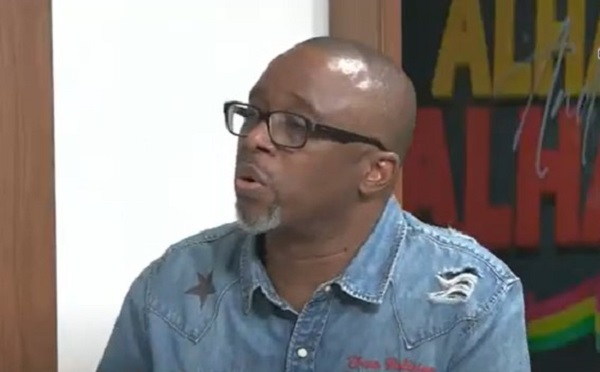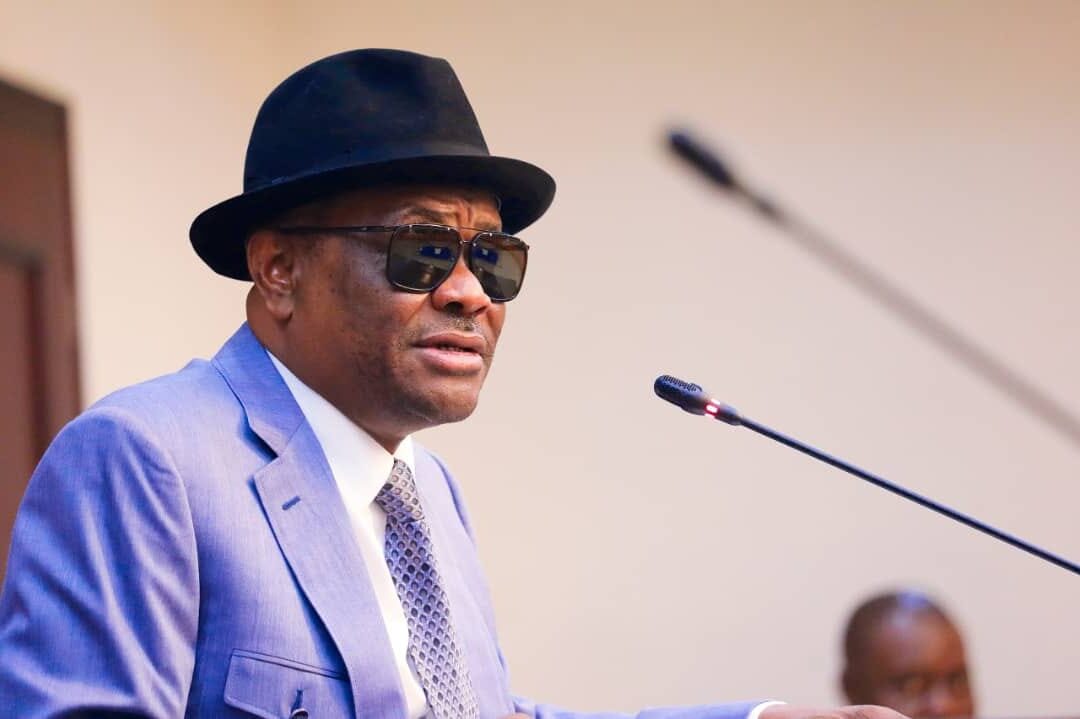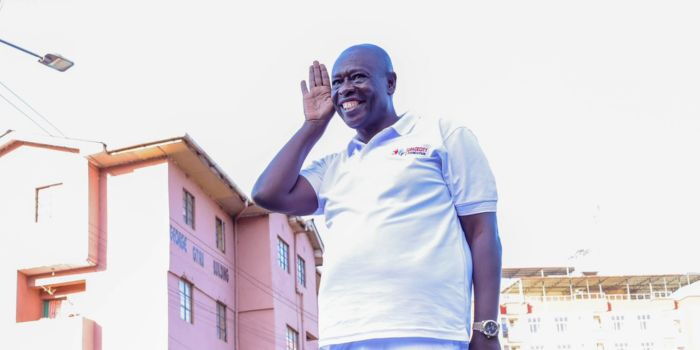Al-Makura: APC Must Return to Its Founding Principles of Justice, Equity, Internal Democracy - THISDAYLIVE
In this interview with , a former governor of Nasarawa State, Senator Umaru Tanko Al-Makura, reflects on the journey of the All Progressives Congress from the historic merger to the present challenges. As 2027 increasingly dominates the political horizon, his message is both reflective and resolute – APC must return to its founding vision or risk losing the soul that first bound it together
I am genuinely humbled by the expressions of goodwill and confidence. The mention of my name in discussions about party leadership is not something I take lightly. It reflects a broader appreciation for the values and commitment many of us have upheld since the founding of the APC.
However, I must clarify that I am not currently involved—formally or informally—in any pursuit of the national chairmanship or any leadership ambition within the party at this time. The recent National Executive Council (NEC) meeting conveyed satisfaction with the current direction of both the party and the administration. As such, there is no immediate leadership change on the agenda.
While I do not engage in speculative discussions, I remain open to contributing constructively to conversations that safeguard the integrity of our party and national progress. Leadership is not always about holding office; often, it is about providing clarity, moral guidance, and upholding principles, especially in moments prone to misinformation or misunderstanding.
The APC was not simply a merger of political interests—it was, in essence, a national pact. The coming together of the CPC, ACN, ANPP, and parts of APGA was a bold commitment to Nigeria’s unity and progress. It transcended ethnic or regional boundaries and was grounded in a shared belief in the country’s potential.
The journey has not been without its challenges, but our foundation remains solid. The party continues to serve as a national platform that reflects Nigeria’s diversity and aspirations. However, as with any evolving institution, there are areas that require renewed focus: Internal democracy, inclusiveness, and a return to the spirit of collective purpose that guided our formation.
We must also be mindful of the expectations placed upon us—not only by our supporters but by the Nigerian people at large. These expectations should remind us of our obligation to remain accountable, transparent, and responsive.
Leadership in a democratic context must always be measured, not only in visibility but in effectiveness. The APC has been fortunate to have individuals who played critical roles in its emergence and consolidation, including President Bola Tinubu.
His contributions to democratic development in Nigeria are well known. From the June 12 struggle to the negotiations that shaped the APC, he has demonstrated a consistent commitment. It is important that we afford the current leadership the space and time to govern and unify, especially given the complex socio-economic challenges before us.
While it’s natural for questions to arise in any political organisation, we must be cautious not to mistake transition or internal debate for a vacuum. Constructive criticism is vital, but it must aim to strengthen, not destabilise, our collective efforts.
The leadership that lies ahead must reflect both the spirit of our founding vision and the demands of a new political era. It should be someone who understands not only the internal dynamics of party organisation, but who also possesses the temperament and integrity to unite diverse interests.
We need a chairperson who can bridge gaps—geographical, ideological, and generational—and strengthen institutional processes. This is not merely about managing electoral cycles; it’s about fortifying the party as a stable, principled vehicle for national development.
While I will refrain from making personal endorsements, I believe the emphasis should be on continuity, stability, and inclusiveness. Our next phase demands stewardship over showmanship—an individual who can serve, not dominate.
No, I have not received any formal or informal invitation or commitment in that regard. My support for this administration—and the broader goals of the APC—is grounded in conviction, not personal ambition.
Alongside other committed individuals like former Governor Aminu Masari, Adamu Adamu, Chief Obla, Osita Okechukwu, Hon Datti , Ife Oyedele, Almajiri Gaidam, Senator Abu Ibrahim, and Architect Bulama—who share this vision, my focus has been on reinforcing the party’s original ideals. Many of us have remained actively engaged, not in pursuit of office, but in defense of what the APC represents.
Our interventions are intended to guide and protect, not to position ourselves. The national interest must always override individual considerations.
It is important to acknowledge the legitimate concerns many Nigerians have about the economic climate. Their voices must be heard, and their experiences understood.
However, we must also recognise that many of the structural challenges confronting the nation today did not begin with this administration. President Tinubu inherited a complex situation—fiscally, economically, and globally. Addressing such entrenched issues requires time, courage, and sustained policy action.
One notable example is the fuel subsidy. The president made a difficult but necessary decision—one rooted in fiscal realism. The 2023 budget contained no provisions for subsidies beyond May, and transparency demanded clarity on that issue from the outset. This honesty, though painful in the short term, sets a foundation for more sustainable governance.
Patience and constructive engagement are essential. We must hold leadership accountable, yes—but we must also give room for reforms to mature.
The foremost priority must be a return to our founding principles—justice, equity, internal democracy, and national cohesion. Our strength lies in our inclusivity; our credibility is anchored in fairness.
The new leadership must commit to resolving internal divisions, managing primaries with transparency, and ensuring that all regions and factions feel a genuine sense of belonging. The APC must continue to be a broad-based platform—one that reflects every segment of our society.
Furthermore, outreach and communication must be enhanced. In a time of rapid digital misinformation, the party must proactively tell its story, correct falsehoods, and build trust with citizens.
The North, like every region in Nigeria, has a vital role to play in our collective future. Our message must be one of moderation, unity, and national responsibility.
It is important that northern leaders emphasise the bigger picture—Nigeria’s long-term peace and prosperity. This is not the time for parochial sentiments or regional grievances to dominate the discourse. Rather, we must promote mutual understanding and support the administration as it navigates difficult but necessary reforms.
Leadership must transcend locality. It must reflect the vision of a united Nigeria—equitable, inclusive, and forward-looking.
To my fellow APC members and stakeholders, I would emphasise the need for collective discipline and unity of purpose. Let us renew our commitment to internal democracy and the ideals that gave birth to this party.
To President Tinubu, I extend appreciation for his leadership thus far, and a word of encouragement: ‘History has called upon you once again—lead with wisdom, govern with empathy, and anchor your decisions in justice. You carry not just a mandate but a generational responsibility.’
And to Nigerians, I say: ‘Your voices matter. Your resilience and hope have always defined this country’s spirit. Let us work together to hold leaders accountable, but let us also do so with fairness, with perspective, and with belief in the possibilities ahead.’








